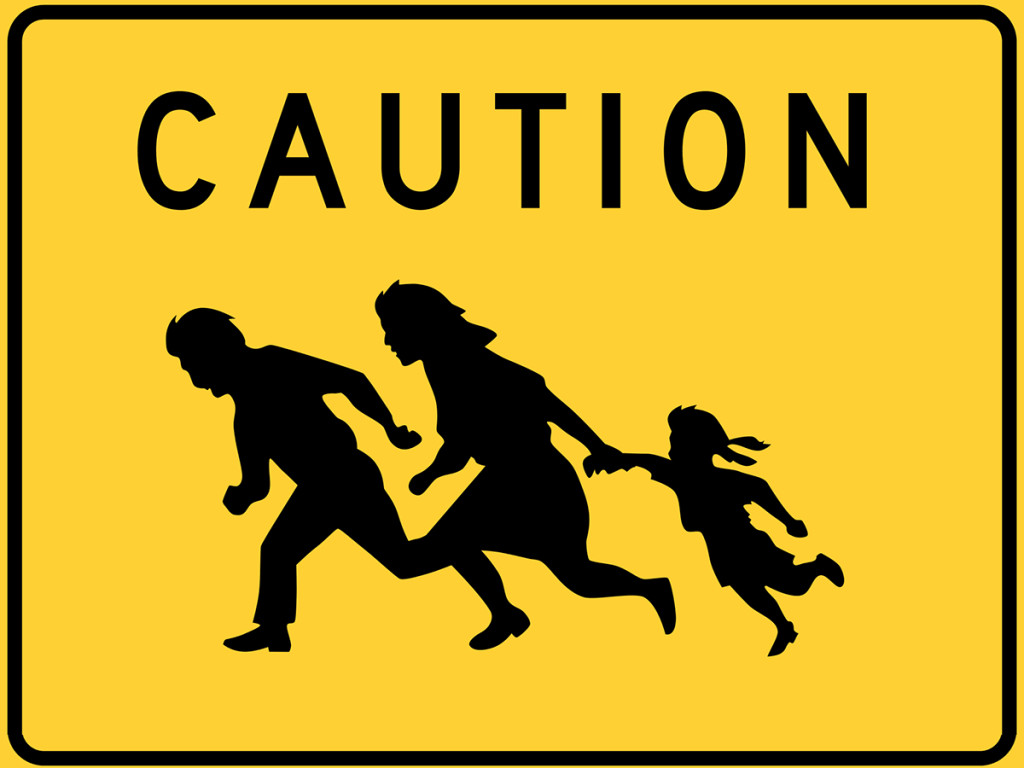
Unless the Supreme Court can come to an agreement on President Barack Obama’s plan which will grant deferred action status to millions of undocumented immigrants who have children and family living in America as citizens and permanent residents, countless families will be split unnecessarily. The initiative was presented by Obama as an executive action, which has been done before by former U.S. presidents.
The conservative side of the Supreme Court stalemate critiques the process by which Obama is seeking to implement his plan, rather than the actual plan. As Justice Anthony Kennedy, the senior associate justice on the court, has commented: “The President is setting the policy and Congress is executing it. That’s just upside down.”
However, this would not be the first time such a policy has been put into executive action by a U.S. president. In 1986, Ronald Reagan signed in the “Family Fairness” policy. This granted a path to citizenship for some three million undocumented immigrants. Further down the line, George Bush Sr. expanded the deportation deferral to include spouses and children of immigrants undergoing the process of citizenship. Clearly, Obama has the executive authority to implement a similar policy, just as Reagan and Bush did prior to his time.
The most important factor in considering this plan is the one pro-immigration protesters and advocates present: the human element. If four million immigrants are deported when they have children residing in this country, how many children does that leave hanging in limbo without their parents? Flooding millions of effectively orphaned children into foster systems and a life of homelessness is both morally repugnant and fiscally ludicrous. A number of children living without parents that large would only result in much bigger problems than undocumented immigrants.
If these children are sent to live with foster families, that will be paid for with taxpayer money. There is also the possibility that these children could turn to crime in the aftermath of being orphaned, rather than growing up and contributing to society in a positive manner.
Furthermore, the plan specifically states that to qualify for deferred action, an individual cannot have a criminal record. The lives at stake here are those of working, law-abiding parents who are only trying to create a secure life for their families.
This is a crucial factor in considering whether or not this plan will benefit society as a whole. If the U.S. encourages those without a criminal background to seek legal pathways to citizenship, there will be less people living undocumented in the country. This will enable individuals to hold jobs in which they pay taxes to the federal government, thus contributing to the economy.
The case hits close to home for many living in Southern California. Just last Monday in downtown Riverside, pro-immigration activists took to the streets to raise awareness on the issue. For many undocumented workers living in the U.S., something as simple as finding a job and providing for their family in a legitimate way can be a struggle. If they are given a path to do this legally in a way that also benefits society by allowing them to participate fully, I see no reason as to why it shouldn’t be allowed. Obama’s plan presents an avenue for positive change.
We know that immigration has been a debate in the U.S. for some time now. Obviously our current dilemmas have existed since 1986 when the Reagan administration tried to tackle it. Thirty years later and there are still people desperate to immigrate and make a home here. It is unlikely this process will end, even if millions are deported. Rather than fighting against the inevitable, it is a better use of resources and energy to create a path to citizenship that is realistic, accessible and fair to those who seek it.








